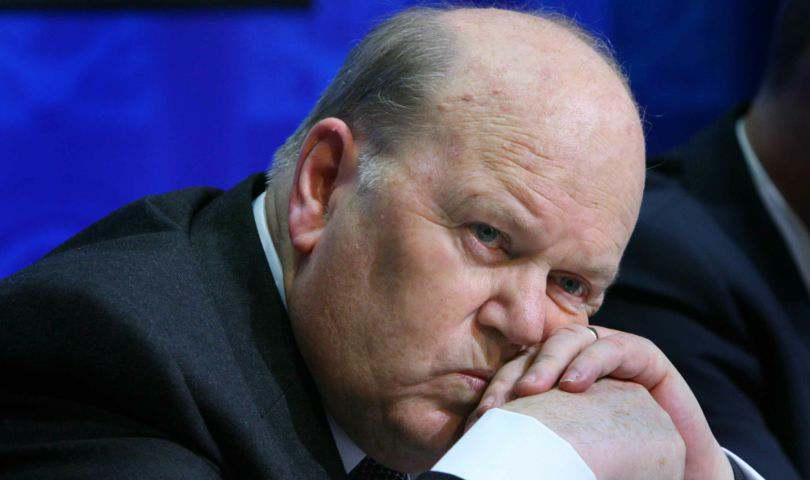The Fine Gael/Labour government increased the tax burden on the Irish economy by 10.5% through 2015, with an extra €4,320 million being extracted from taxpayers for an annual total of €45,600 million.
The bumper tax haul was €3.3 billion ahead of Department of Finance expectations made for Budget 2015. If the department forecasting had been more accurate, stealth taxes such as the levy on private pension funds would not have been necessary in 2015.
Finance minister Michael Noonan said the underlying Exchequer position is showing a year-on-year improvement of c. €5.2 billion on the back of increased tax and non-tax revenue and reduced debt servicing costs.
“Overall, an Exchequer deficit of €62 million was recorded at end-December 2015,” said Noonan. "This is a massive improvement from a deficit of €8.1 billion for 2014. When once-off factors are accounted for, we have an underlying Exchequer deficit in 2015 of around €3.4 billion compared to an underlying deficit of about €8.6 billion in 2014.”
Staggering
The amount of corporation tax levied on business profits increased by a staggering 50% through 2015 to €6,870 million. This was €1.5 billion more than the tax yield from excise duties on cars, fuels and alcohol - possibly the first time ever that corporation tax receipts have exceeded excise duties.
Tax levied from workers and savers through income tax was ahead 7% year-on-year due to rising numbers in employment. There was also a 7% increase in the tax yield from the VAT spending tax. “This is further evidence of the economic recovery we have witnessed in 2015,” said Noonan.
Taxes on income now account for 40% of the overall tax burden. In 2008, before the economic crash, taxes on income were 29% of total Exchequer tax receipts.
Excluding property tax, which was down 5% year-on-year, the tax haul from inheritances, gifts and capital gains increased by 16% in 2015.
Labour minister Brendan Howlin signalled that the extra taxes are going on extra spending and not reduced taxation. “This has facilitated the allocation of additional resources to key areas experiencing increased demand, the implementation of new policy measures such as the delayed discharges initiative in the health sector and the payment of a social welfare Christmas bonus.
“Additional funding was also provided towards capital investment for public transport, school improvements and to support the regional jobs strategy.”
The expected end 2015 deficit will be close to 1.5% of GDP.











